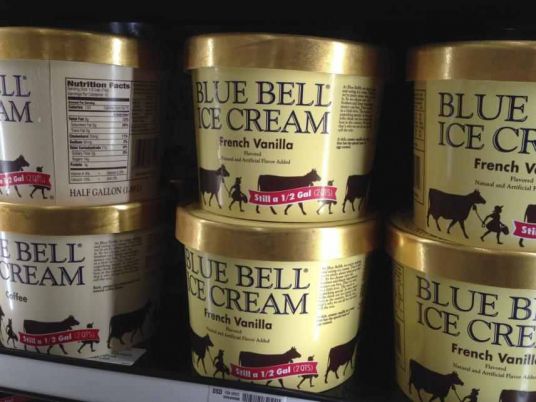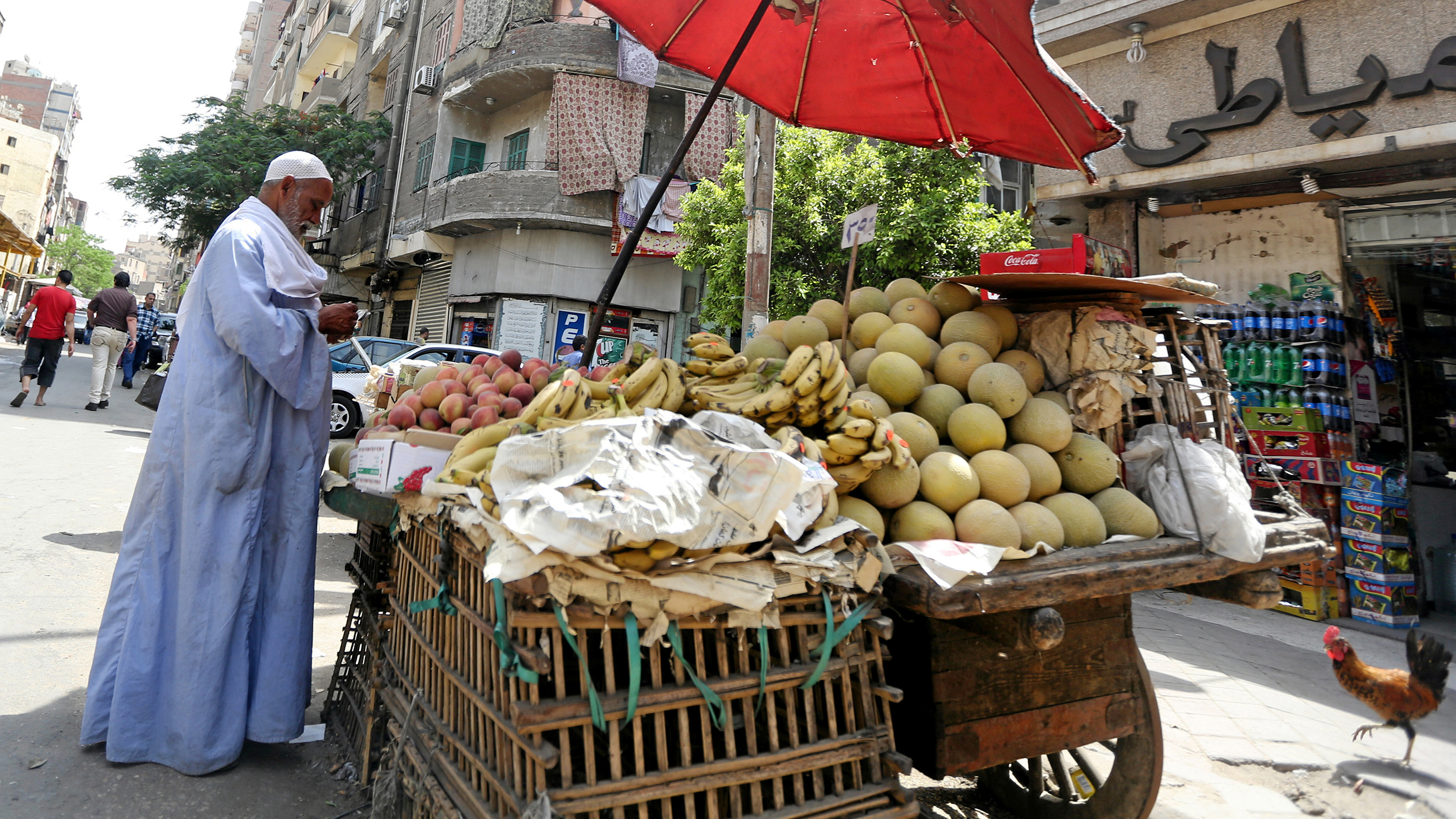
Large food recalls have forced consumers to throw away hummus and ice cream that may be contaminated with the same potentially deadly bacteria – listeria.
Tainted Blue Bell ice cream products are linked to eight listeria illnesses in Kansas and Texas; three of those who contracted the illness have died. Blue Bell has temporarily closed its facility in Broken Arrow, Oklahoma, and shut down a production line at its facility in Brenham, Texas, where the company is headquartered. Blue Bell has recalled more than two dozen of its products since last month.
Sabra Dipping Co. announced a recall this past week of 30,000 cases of its Classic Hummus due to possible listeria contamination, though no illnesses have been linked to that recall.
A look at the listeria bacteria and answers to questions that consumers may have:
What is listeria?
Listeria is a hardy bacteria found in soil and water that can be carried by animals. It is often found in processed meats because it can contaminate a processing facility and stay there for a long period of time, and it can grow in the cold temperature of a refrigerator. It is also commonly found in unpasteurized cheeses and unpasteurized milk, and it is sometimes found in other foods as well – listeria in cantaloupes was linked to 30 deaths in a 2011 outbreak.
What are the symptoms?
When a person contracts the disease, it can cause fever, muscle aches, gastrointestinal symptoms and even death.
Am I at risk?
Listeria generally only affects the elderly, people with compromised immune systems and pregnant women. It can cause miscarriage, stillbirth, premature labor, and serious illness or death in newborn babies. Healthy, younger adults and most children can usually consume listeria with no ill effects or mild illness.
What has been recalled?
Blue Bell ice cream has recalled several products made on production lines in Texas and Oklahoma after the ice cream was linked to eight illnesses, including three deaths, in Texas and Kansas.
The nationwide Sabra hummus recall came after a product sample collected by Michigan agriculture officials tested positive for listeria; there are no known illnesses related to that recall. A Sabra spokeswoman said the hummus was manufactured at its plant in Richmond, Virginia.
How did this happen?
State and federal inspectors are still investigating the ice cream outbreak and have not released a cause. In past outbreaks, contamination has often been the result of dirty equipment or unsanitary conditions in a plant.
I think I may have one of these products in my home. What do I do?
The government's motto is "when in doubt, throw it out." If you throw something away that you think might be tainted, place it in a closed plastic bag in a sealed trash can to prevent animals or other people from eating it. The ice cream can have a shelf life of up to two years.
How can I protect against listeria?
In the case of the ice cream and hummus recalls, there is nothing you can do to prevent it – just throw away the food if you learn it has been recalled. Always clean surfaces that come into contact with food with hot, soapy water. With fruit, scrubbing is never a bad idea, but it may not rid produce of all contaminants. In the case of the cantaloupe, the listeria likely hid on the fruit's thick, rough skin. Health officials think people may have been sickened when people cut into their cantaloupes, bringing listeria on the outside of the fruit to the inside.
The government says the listeria bacteria can be killed by heating food to 165 degrees Fahrenheit or until it is steaming hot just before serving it.
Why is listeria so deadly?
Listeria is less well-known than other pathogens like salmonella and E. coli, which cause many more illnesses in tainted food every year. But one in five people who get sick from listeria can die. The people who get sick from listeria are often already weaker and more vulnerable to disease.




